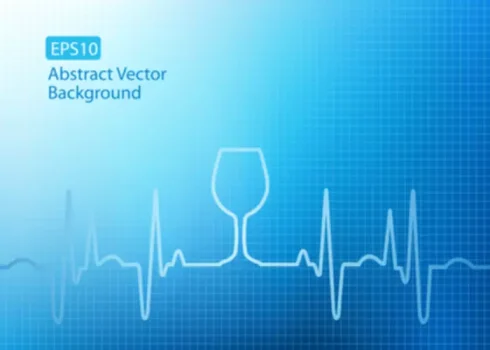
It’s crucial to differentiate between addiction and physical dependence to avoid real-life severe consequences. When addiction is related to drugs or alcohol, the condition is also called a substance use disorder. It could include prescription drugs, over-the-counter products, street drugs, alcohol, even nicotine. However, the distinction between dependence and addiction can significantly impact treatment approaches. Managing physical dependence often involves a medically supervised detoxification process, gradually reducing the substance to minimize withdrawal symptoms.
You deserve excellent care and a rewarding life in recovery.
AddictionResource fact-checks all the information before publishing and uses only credible and trusted sources when citing any medical data. Addiction Resource does not offer medical diagnosis, treatment, or advice. Only trained and licensed medical professionals can provide such services. If you or anyone you know is undergoing a severe health crisis, call a doctor or 911 immediately. If you are using drugs in large amounts, struggle to control your intake, or rely on them for specific functions like relaxing or boosting confidence, you’re likely abusing them.

People Also Ask
Below is a list of the most common forms of substance abuse treatment programs and what they entail. When people use the term “dependence,” they are usually referring to a physical dependence on a substance. Dependence is characterized by the symptoms of tolerance and withdrawal.

Physiological Aspects of Dependence
In addition, stress, trauma, and hardship are also known ‘risk factors’ that make addiction more likely. Even certain personality traits like being naturally more impulsive or neurotic can increase the chances of developing a dependence on drugs or alcohol. ‘Dependence’ is a term used to describe a person’s physical and psychological loss of control due to substance abuse. If a person uses many drugs and develops a physical dependence on these drugs, that person is usually described as dependent. Addiction is a chronic disease characterized by drug seeking and use that is compulsive, or difficult to control, despite harmful consequences. Distinguishing between alcohol or drug dependence and addiction is essential for informed discussions about substance use and prescribed medication alike.
Unmasking the Faces of Addiction and Dependence
No one starts with the intention of becoming addicted, but repeated use over time can drastically diminish control, leading to compulsive use. Addiction is a chronic, relapsing disorder characterized by compulsive drug seeking, continued use despite harmful consequences, and long-lasting changes in the brain. These changes primarily occur in the brain’s reward system, particularly within areas like the nucleus accumbens and the prefrontal cortex.

Educate yourselves about addiction, offer unwavering support, and encourage your loved ones to seek professional help. During recovery, people are encouraged to rediscover old passions or explore new hobbies to fill the void left by substance use and offer a sense of purpose. We also recommend building positive relationships to form a strong foundation for support. By doing these, we can empower people to seek help without fear, support their journey towards recovery, and ultimately build healthier, more resilient communities.
- If you use a drug often, you’ll need higher doses to feel the same effects.
- When you understand the difference between these issues, you can find the type of treatment that best suits your needs.
- If you can’t function properly in the morning without your cup of coffee, it could be that you are caffeine-dependent.
- Whether it’s family, friends, support groups, or professional help, having a network of support can make all the difference.
Substance Abuse
Drug dependence occurs when your body or mind adapts to regular substance use. While tolerance is observable during active drug use, withdrawal symptoms become evident in the hours or days following cessation. By slowly reducing the dose, patients can minimize withdrawal symptoms and ease the transition off the medication. Dependence is a physiological state that develops when the body becomes used to the presence of a substance, leading to withdrawal symptoms if the drug is reduced or discontinued. Addiction often begins with a voluntary decision to use drugs or engage in certain behaviors.
Understanding Dependence
” Well, my curious companion, understanding the distinction between addiction and dependence is crucial for several reasons. It affects how we approach treatment, influences societal perceptions, and most importantly, impacts the lives of those grappling with dependence vs addiction these issues. So, buckle up as we dive deeper into this fascinating topic, exploring everything from the nitty-gritty science behind it to the profound personal and societal implications. Could someone who is dependent on alcohol or drugs be diagnosed as having an addiction?
However, there are clear differences between the two terms, several of which deal with the chemical effects that happen to addicted persons. We provide our readers with factual, evidence-based content concerning the causes and nature of addiction, as well as available treatment options. However, this informative content is intended for educational purposes only. It is by no means a substitute for professional medical advice, diagnosis, or treatment. With regard to any addiction-related health concerns, you should always seek the guidance of a qualified, registered physician who is licensed to practice medicine in your particular jurisdiction.
